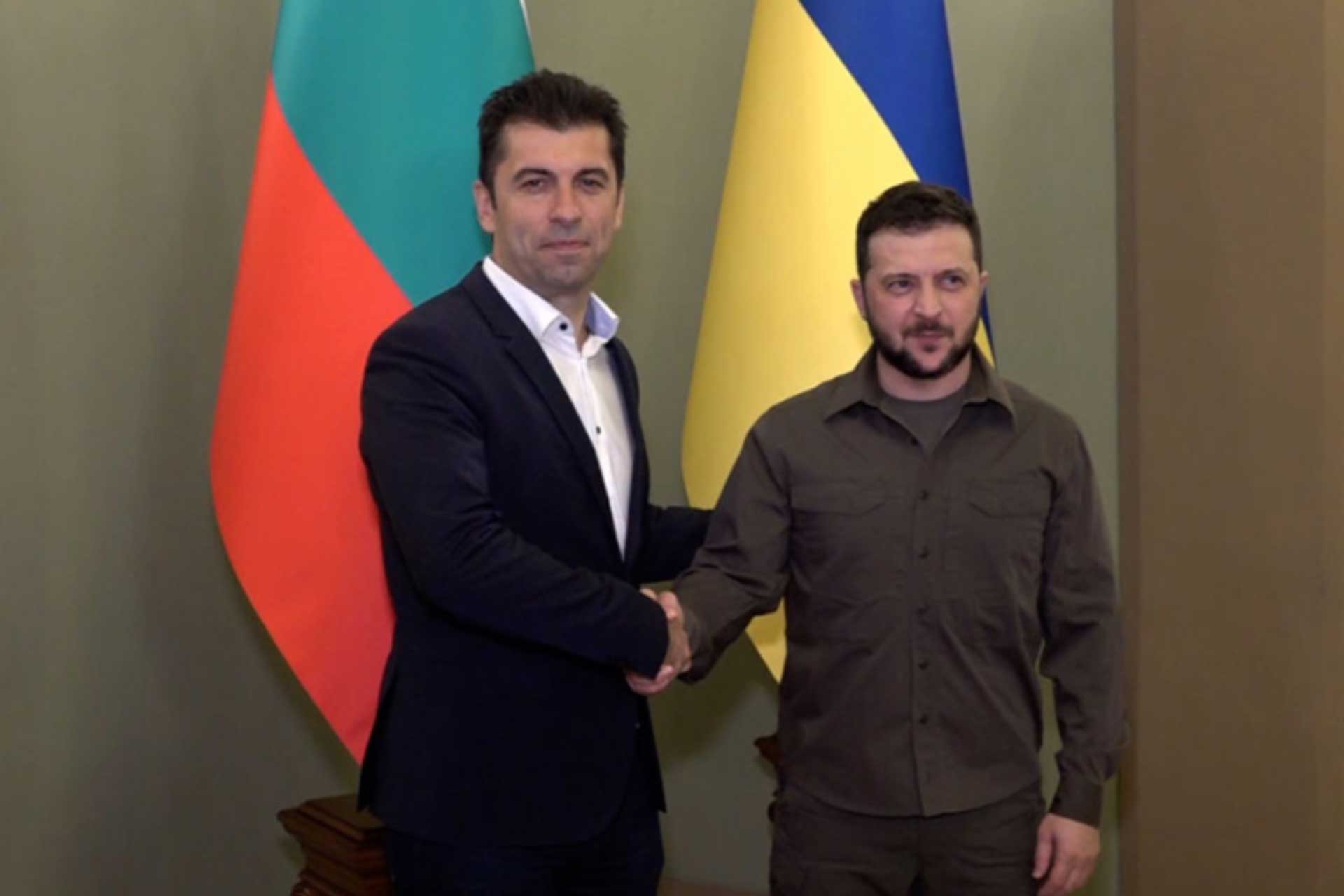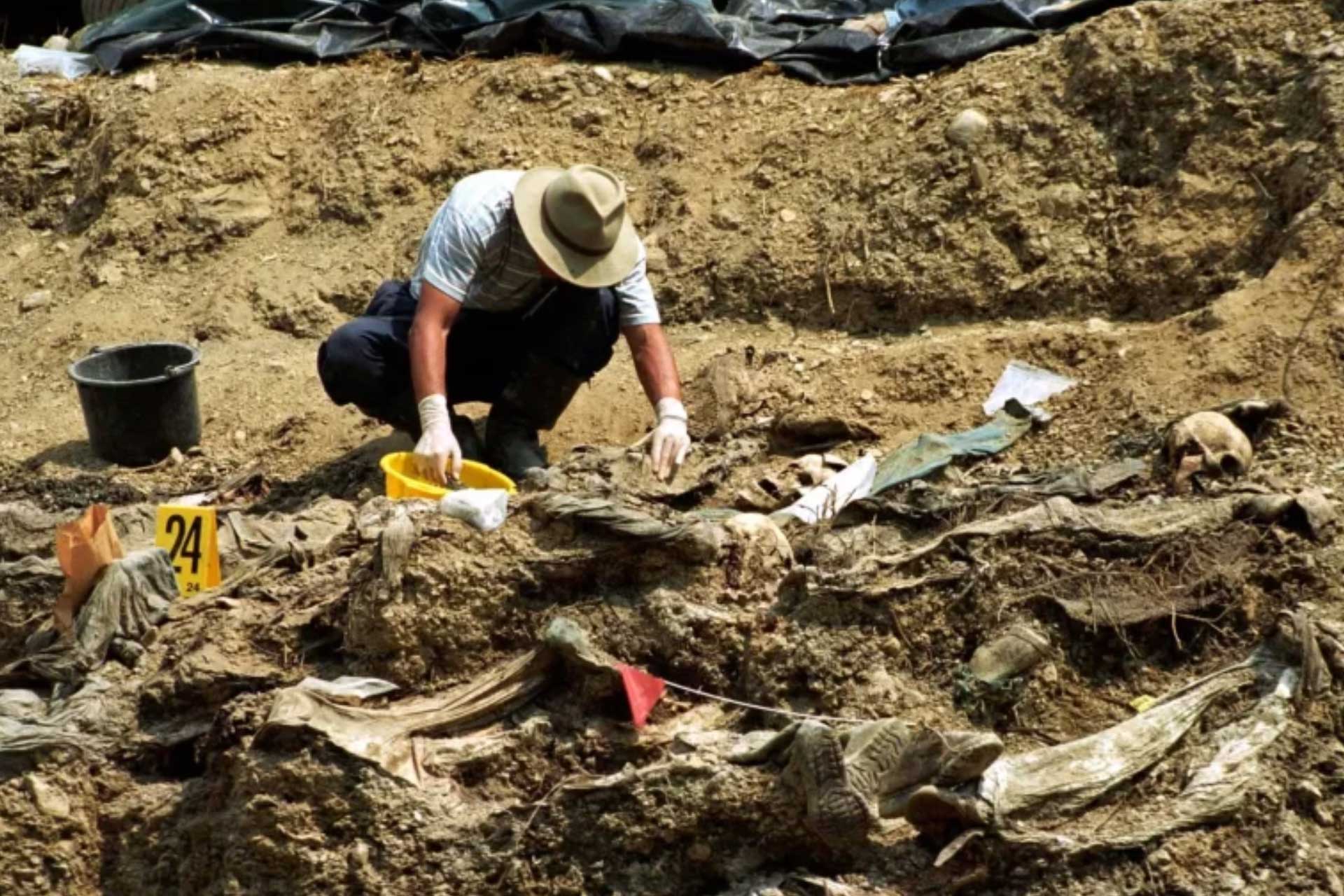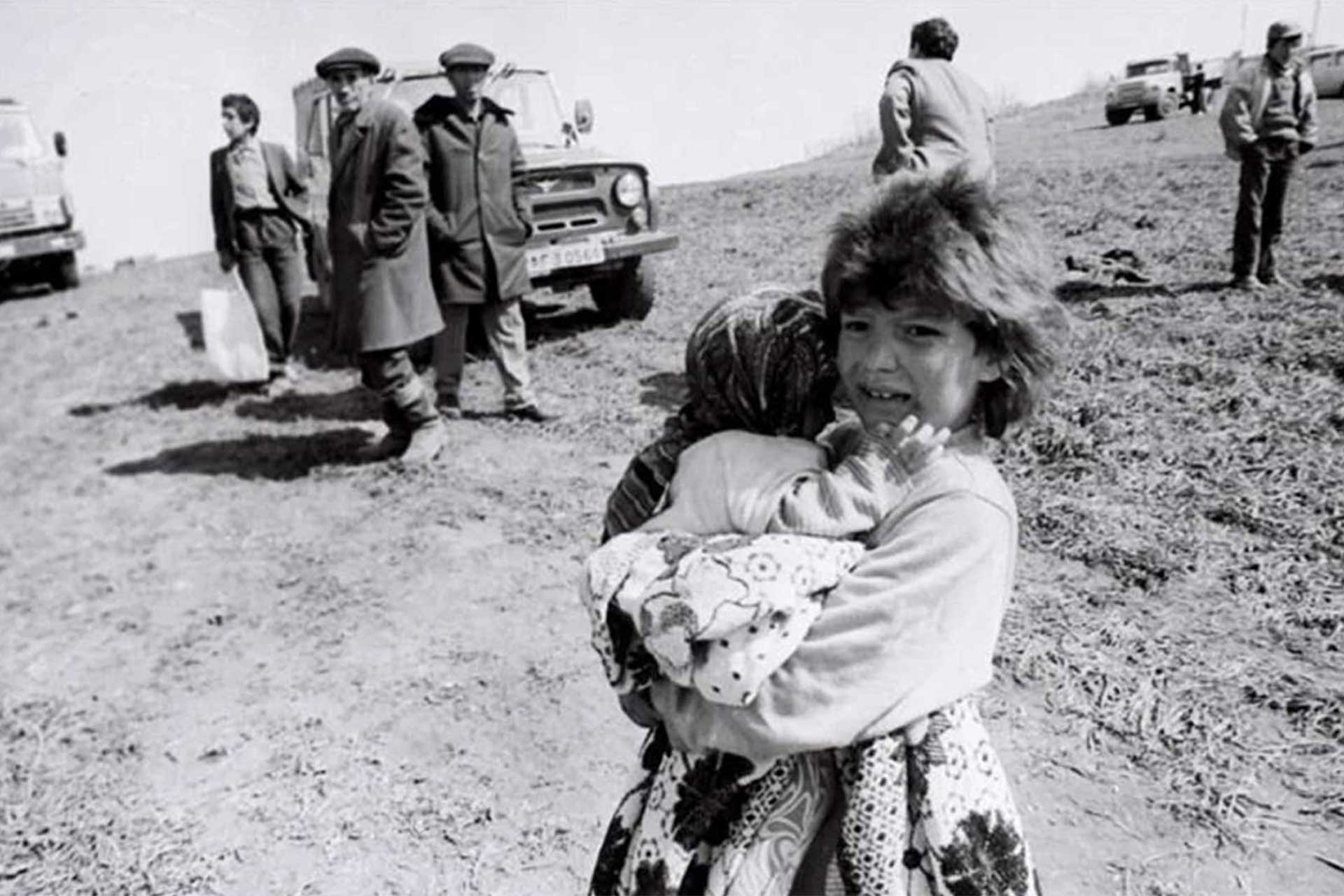Does Bulgaria really support Ukraine?
After the Russian invasion of Ukraine, there was much debate about whether Bulgaria really supported Ukraine. However, recent developments have proved that Bulgaria’s pro-Ukraine stance is real and this seems to have pleased pro-European Bulgarians.
Bulgaria and Russia have deep ties dating back to Tsarist times, which put Bulgaria between two fires during the Ukrainian War. On the one hand, a historical friend and former ally, and on the other, a country supported and occupied by its Western allies. This dichotomy has caused great division among the Bulgarian people and in Bulgarian politics. The current Bulgarian government wanted to support Ukraine, while pro-Russian politicians, led by the Bulgarian Socialist Party, wanted to support Russia.
But the divisions among the Bulgarian population are much deeper than the political conjuncture. Sociological divisions such as young and old generations, urban and peasant populations are the main factors affecting this situation. Predictably, the young and urban population is more likely to support Ukraine, while the older and peasant population is more likely to support Russia. In order to understand this fundamental difference of opinion, it is necessary to analyze the country’s recent history.
Before the transition to democracy, the Bulgarian economy was mostly supported by the Soviet Union and fueled by trade between Warsaw Pact countries. The collapse of the Soviet Union completely changed the direction of the Bulgarian economy and forced Bulgarians to stand on their own two feet (Kahve, 2022). This difficult process eventually led to an economic crisis that took years to resolve. Since the older Bulgarian population had experienced the communist era and its stable political and economic process – albeit with a much lower quality of life – they have always wanted Russian support to relive those times.
Even though the economy has improved and the quality of life has improved in the 2000s, the older population still largely holds the same views. The younger generation of Bulgarians, on the other hand, has been brought up with pro-European ideas and western-based systems, so they have completely opposite views compared to the older generations. Turning to the pro-Russians, the remnants of the communist era continue to support Russia. The Bulgarian Socialist Party (BSP), founded by former communist leaders (Coffee, 2022), also continues to support the Russian side. Although they receive far fewer votes than before, their coalition with the centrist movement “We Are the Change” and its victory in the 2021 parliamentary elections have given them a significant say in Bulgarian foreign policy. After the Bulgarian government, composed mostly of centrists, started to support Ukraine, they threatened to leave the coalition and demanded that the support for Ukraine be withdrawn and given to the Russian side, otherwise they would bring down the government (Todorov, 2022). However, the Bulgarian Prime Minister and the Bulgarian government stepped up their support for Ukraine and even offered to repair damaged equipment of the Ukrainian army, against the BSP’s urging (Todorov, 2022). Although the pro-European partners of the coalition supported this initiative, it angered the BSP, and Bulgarian politics became completely divided after this event.
As tensions were rising, a surprise news reached European countries. Gazprom, the largest Russian gas exporter, announced that it has cut off gas exports to European countries, including Bulgaria. Bulgaria, which mostly meets its energy needs with Russian gas, has now had to deal with an energy crisis in addition to the political crisis. It has stepped up its efforts to find other gas exporters and energy demand has fallen as the winter months have passed. The energy crisis is therefore recoverable and has had little impact on the Bulgarian economy, but it has caused great turmoil in Bulgarian politics. This proved that Russia did not see Bulgaria as different from other European countries. Given their historical relations, Bulgarians began to see this decision as a betrayal. In the aftermath, the BSP and other pro-Russian parties began to split among themselves and the Bulgarian government further increased its support for Ukraine. Although the majority of Bulgarians supported Ukraine from the beginning, this percentage increased even more after the gas cut-off and the slowdown of Russia’s advance in Ukraine.
The doubts about Bulgaria’s stance in the Ukraine War have gradually faded and it has become clear that Bulgaria has set aside its historical relations with Russia and positioned itself on the side of the European Union. Moreover, this radical change in Russian-Bulgarian relations has further elevated the Bulgarian government in the eyes of the pro-European younger generation. This is expected to be reflected in Bulgarian politics in general, since the Bulgarian public is generally pro-Ukrainian, pro-Ukrainian parties and politicians will become more popular, while older, pro-Russian politicians will fall further out of favor. To summarize, it is clear that Bulgaria fully supports Ukraine and has completely changed its foreign policy from the Cold War era.
Mert Kahve
Source
Todorov, Svetoslav (2022), POLAND, BULGARIA, DEFIANT AFTER RUSSIA CUTS
OFF GAS SUPPLY, BalkanInsight, https://balkaninsight.com/2022/04/27/poland-bulgaria-defiant-after-russia-cuts-off-gas-supply/
Todorov, Svetoslav (2022), Bulgarian Socialists Threaten PM Petkov Over Support for
Ukraine, BalkanInsight, https://balkaninsight.com/2022/04/29/bulgarian-socialists-threaten-pm-petkov-over-support-for-ukraine/
Todorov, Svetoslav (2022), Bulgaria to Repair Ukraine’s Military Equipment, Despite
Internal Tensions, BalkanInsight, https://balkaninsight.com/2022/05/04/bulgaria-to-repair-ukraines-military-equipment-despite-internal-tensions/
Kahve, Mert (2022), Status of Bulgarian Democracy and Society Before the Transition, Case
Study Paper: Bulgaria, Koc University




Comments